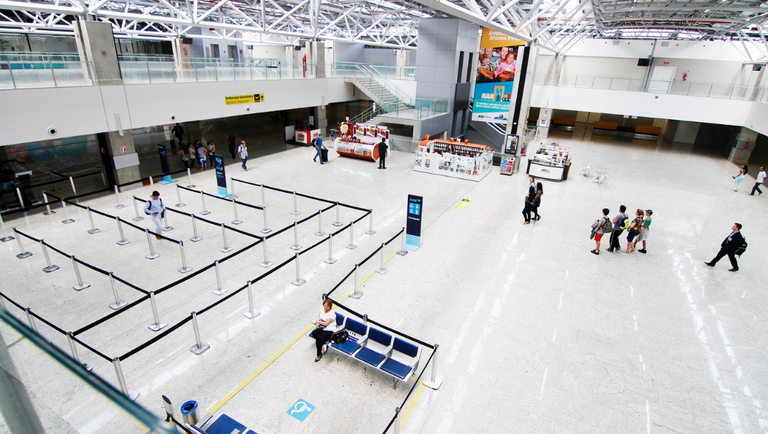
Embassy of Mexico and FUNAG promote joint launch of “México y Brasil en el Bicentenario de sus Independencias” magazine, published by the Embassy
junho 2, 2022
Aeroportos de Curitiba e Viracopos estão entre os 10 melhores do mundo — Português (Brasil)
junho 2, 2022 [ad_1]
The automation of cognitive tasks: what latest research tells us about the OSH implications
A new report presents the occupational safety and health (OSH) challenges and opportunities related to the automation of cognitive tasks, such as decision support, data processing, learning and teaching support or language and text processing, through Artificial Intelligence (AI)-based systems.
How can AI-based systems make work more efficient and reduce cognitive workload? And how do changes and interaction with the systems impact workers?
Based on the taxonomy of systems for the automation of tasks, developed in a prior EU-OSHA publication, this report assesses the current state of research on the effects of automation of cognitive tasks and the implications for specific jobs, occupations, sectors and for OSH.
Two policy briefs complement the report. The first one shows the key risks and opportunities for OSH that should be considered and gives recommendations to protect workers. The second one presents the European Commission’s ‘Artificial Intelligence Act’ and investigates national initiatives.
Find out about the OSH implications in the report and summary Cognitive automation: implications for occupational safety and health
Consult the policy brief Cognitive automation: impact, risks and opportunities for occupational safety and health
Read the policy brief on Cognitive automation: what are the EU and Member States doing to protect workers?
Learn more about the project in the thematic web section Digitalisation of work
[ad_2]
Origem da notícia



